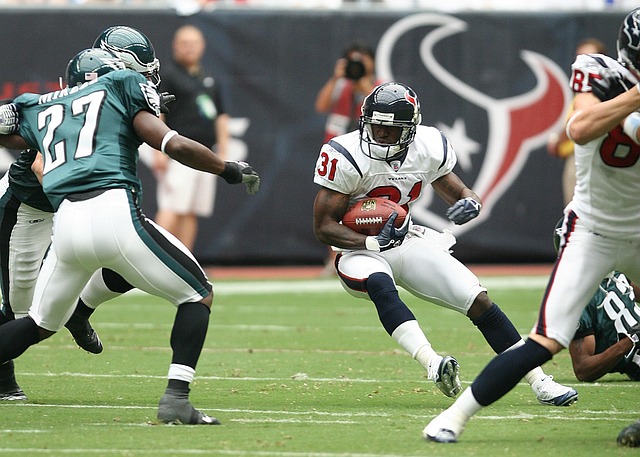Watching the NFL playoffs has made me reflect on the Minnesota Vikings’ challenging season. When quarterback Kirk Cousins suffered a season-ending injury, most of us assumed the season was doomed. But then Josh Dobbs stepped in, leading the team to a thrilling Monday Night Football victory after just a few days with the Vikings. Optimism was in the air.
However, after a couple of rough performances, Dobbs was benched, and his replacements struggled as well. By the end of the season, the Vikings had cycled through four quarterbacks, finishing with a 7-10 record and missing the playoffs.
While losing an elite player like Cousins made success unlikely, I can’t help but wonder what might have been if the Vikings had better leveraged Dobbs’ strengths. He’s a natural scrambler, but the team’s system had him staying in the pocket.
Play to Your Strengths in Business Development
This situation reminds me of a key lesson I’ve learned from coaching lawyers: success comes from playing to your strengths.
Many firms rely on standard marketing and business development strategies—attending events, writing articles, giving presentations, or networking over lunch. While these can be effective, they aren’t universally so. The effectiveness of any strategy depends on the lawyer’s personality, practice area, and ability to execute.
Why attend a large conference if you’ll spend the reception alone or work from your room? Why write articles if the process feels torturous? Why give presentations if public speaking fills you with dread?
Certainly, everyone should work to improve their weaknesses—whether it’s networking, writing, or public speaking. But your core efforts should focus on what you enjoy and do well.
Strategies for Success
- Networking at Events: If large gatherings make you uneasy, find ways to make them feel smaller. Research attendees in advance, connect with people beforehand, and plan one-on-one interactions like coffees or breakfasts. Prepare conversation starters so you feel ready for breaks or receptions.
- Content Creation: If long-form articles aren’t your thing, write shorter, conversational pieces for blogs or LinkedIn. Conduct interviews with clients or colleagues to both create content and strengthen connections.
- Public Speaking: If formal presentations feel daunting, try alternative formats. Facilitate a panel discussion, invite co-presenters, or host small-group roundtables. Smaller, interactive formats like podcasts can also be a great fit.
Parallels Between Sports and Business Development
Just as the best coaches position their players to succeed, you should do the same for your business development efforts. Success isn’t about following a one-size-fits-all playbook but about tailoring strategies to your strengths. Like in sports, building a winning strategy takes time, adaptation, and focus on what works best for you.

